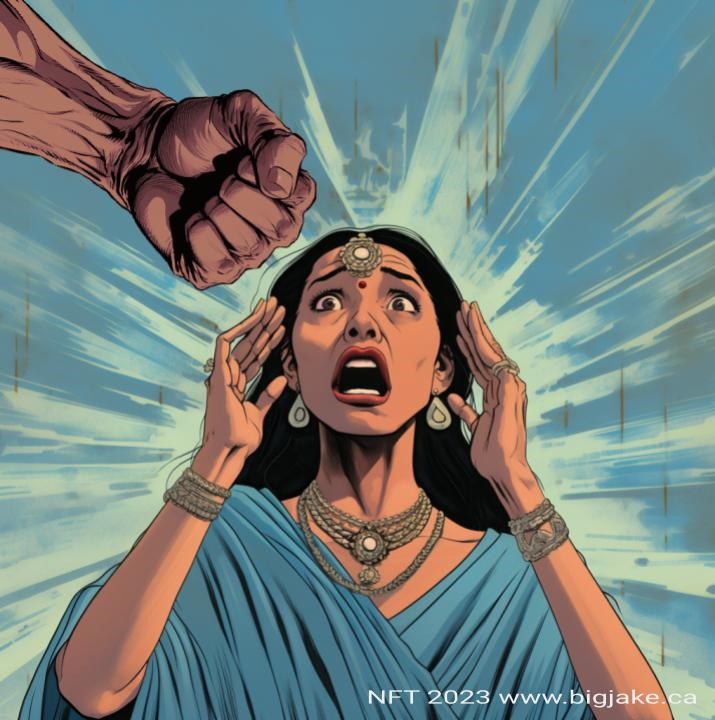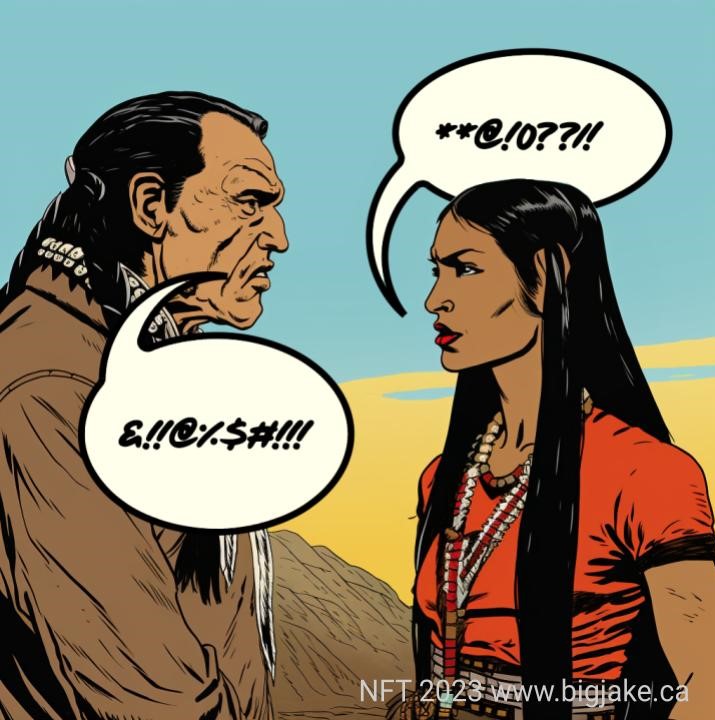Conflict

Abuse / hurting
Are you a bully?
Click the headphone icon for a 6o second voice clip
or read the 6o sec text slides.
Slide 1
🚫 Being a Bully Isn’t Strength
It’s cheap control —
trying to feel bigger by making someone else feel smaller.
Slide 2
💥 Hurting Others Doesn’t Make You Powerful
It chips away at who you are inside.
Slide 3
🎯 Respect Is Earned by Lifting People Up
Not by tearing them down.
Slide 4
💔 Bullying Wrecks Trust
It leaves people scared, silent,
and carrying scars you can’t always see.
Slide 5
🤝 The Better Play: Kindness + Respect
Support others.
Don’t break them.
Slide 6
🛡️ Healthy Relationships Aren’t About Winning
They’re about having each other’s backs —
even when nobody’s keeping score.
Slide 7
🌟 Empower others
Building others up, builds you up.
Thats how life works..
Please connect with us if you want more information on this topic or just want to chat.

Related Topics
Disclaimer:
This website is for information only. It represents the unproven opinions / thoughts of various authors or collaborating partners.
This website and its content is not intended to serve as a substitute for professional medical or counselling advice.
PeaceBuilders Network and/ or associate organizations specifically disclaim any and all liability contained in or linked to this website.
A health-care professional should be consulted regarding your specific medical condition.
If you have a medical, mental health or other emergency, then reach out to the local emergency services helpline or hospital.
Copyright:
The contents of this website is subject to licencing and copyright. All rights reserved.
All webpages and all artwork has been minted as NFTs for exclusive use by PeaceBuilders Network and/ or their representatives.
No part of this website or content may be used in any manner whatsoever without the express written permission of PeaceBuilders Network and/ or their representatives, except in the case of brief quotations embodied in articles or reviews.
Updated: November 2023
Success Stories
After the divorce I had such a hard time trying to understand my feelings. Thank you PeaceBuilders Network for creating this amazing picture journey. It helped me discover where my real pain is and getting the local support I needed to succeed
- Jim, Abbotsford, BC, Canada
Success Stories
I was so caught up in just existing from day to day with my depression that I was pretty much lost. Having discovered the PeaceBuilders Network, on my good days and some bad days, I look at the various pics for encouragement. I think there is a shift for me as I consider the possibilities.
- Barry, Abbotsford, BC, Canada
Success Stories
At last we have an online connector of local programs and services all in one place! Well done, this is so great.
- Don, Mission, BC, Canada
Success Stories
Its fantastic! a free site for Certified Personal Trainers to post their bio and contact details. Its all about connecting the community to support men's mental, physical and emotional health.
- Jaco.N, Abbotsford, BC, Canada



